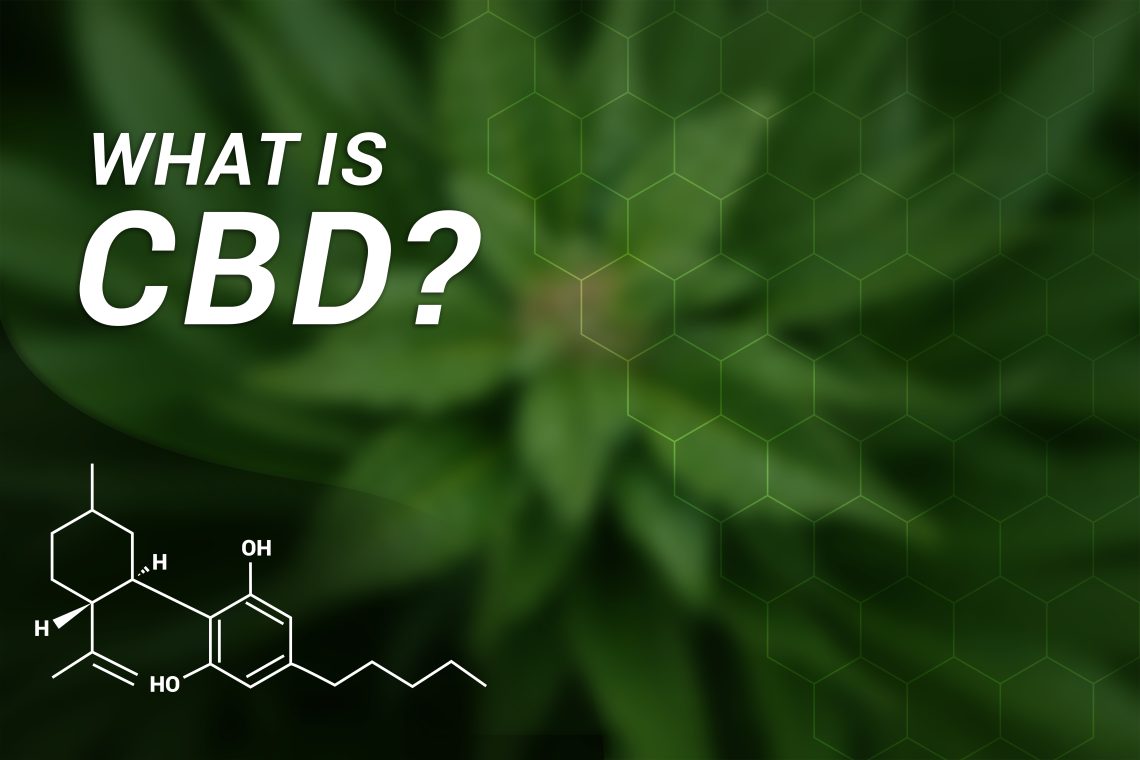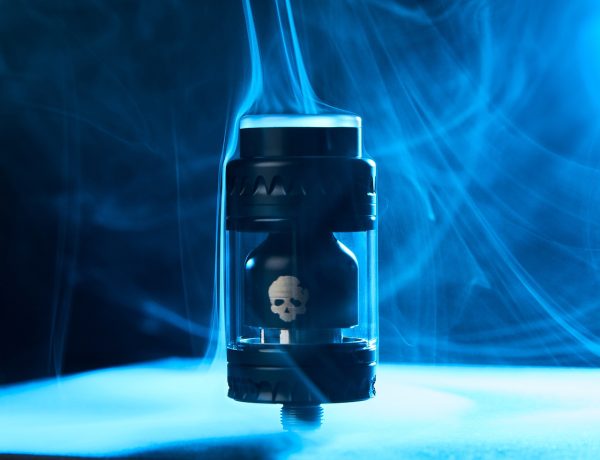Today we want to share everything you need to know about CBD oil. Have you heard people talking about the great results they’ve got from using CBD oil? Maybe you’ve seen adverts promoting the benefits it can offer? But, you might still have some questions about whether it’s the right choice for you.
In this guide, we will share a range of information about CBD oil that you can get from companies such as https://cbdmagic.ca. Then you can make an informed decision as to whether it’s the right option for you.
What is CBD oil?
CBD oil is a type of oil that is derived from cannabis. It comes from the flowers and leaves of the plant, and it is used to treat a variety of medical conditions. It’s usually used in the form of a tincture or oil, but it can also be ingested or applied topically.
What’s the Difference Between CBD and THC?
CBD and THC are both cannabinoids, which means that they are both found in cannabis. However, they have different effects on the body.
THC
THC is the cannabinoid responsible for the “high” that people feel when they smoke marijuana or eat cannabis products. THC is converted into a compound called 11-hydroxy-THC, which is more potent and has psychoactive effects when it’s smoked or heated.
CBD
CBD, meanwhile, is not psychoactive, meaning that it doesn’t cause a “high.” It is known to have a range of potential health benefits, including relieving pain and anxiety, reducing seizures, and helping with addiction.
What is the Difference Between Hemp and Marijuana?
Hemp and marijuana are both types of cannabis, but they are different varieties. Hemp is a type of cannabis that is grown for industrial purposes, and it contains very low levels of THC. Marijuana is a type of cannabis that is grown for its psychoactive properties, and it has high levels of THC.
The FDA classifies the plant as hemp if it contains less than 0.3% THC and as marijuana, if it contains more than 0.3% THC.
How Does CBD Work?
The way that CBD works is still being studied, but it is thought to work by interacting with the body’s endocannabinoid system. The endocannabinoid system is a network of receptors in the brain and body that are responsible for mediating various biological processes.
There are two main types of receptors in the endocannabinoid system: CB1 receptors and CB2 receptors. CB1 receptors are mainly found in the brain, and they are responsible for mediating the psychoactive effects of THC. CB2 receptors are found primarily in the immune system, and they are responsible for mediating the effects of CBD.
CBD can interact with both of these receptors to produce its effects.
What are the Benefits of CBD Oil?
Photo by on Pexels
There is a growing body of evidence that suggests that CBD oil has a range of potential health benefits. Some of these benefits include:
- Reducing pain and inflammation
- Helping with anxiety and depression
- Reducing seizures in people with epilepsy
- Helping with addiction
- Reduce nausea and vomiting
- Reducing the symptoms of cancer
Are there any Side Effects Associated with CBD Oil?
CBD oil is generally considered to be safe, but there may be some side effects associated with its use. These side effects can include:
- Drowsiness
- Dry mouth
- Low blood pressure
- Lightheadedness
- Nausea
- Vomiting
What Research is there To Show The Effectiveness of CBD?
There is still a lot of research that needs to be done on CBD oil, but some preliminary studies have shown that it may be effective for a range of conditions.
Epilepsy
Epidiolex is a drug made from CBD oil, and it has been shown to be effective in reducing seizures in people with epilepsy. The FDA has approved this refined CBD oil for the treatment of seizures, and it is currently being studied as a potential treatment for other conditions.
Alzheimer’s Disease
A review of studies related to the use of CBD in patients with Alzheimer’s has shown that the CBD components of cannabis could be useful in their ability to both treat and prevent Alzheimer’s Disease because of their ability to suppress the main causal factors of the condition.
Cancer
There have been a number of studies looking at the impact that CBD can have both on preventing cancer and alleviating its symptoms.
Prevention of Cancer
The research findings into the use of CBD to prevent cancer are very mixed. This paper, published in 2015, indicates that CBD users had a 45% lower incidence rate of bowel cancer. However, there has also been research published that shows little connection between the use of CBD and cancer diagnosis.
Reduction of Symptoms
Published in 2016, this research has shown that CBD can alleviate the following symptoms in people with cancer –
- Sickness
- Loss of appetite
- Pain relief.
- Improved sleep.
How Do I Use CBD Oil?
There are a number of ways that you can use CBD oil. You can take it orally, vape it, or apply it to the skin.
Photo by CRYSTALWEED cannabis on Unsplash
Oral Use
If you are taking CBD oil orally, you can take it in the form of a tincture or an edible. Tinctures are liquid extracts of CBD that are usually taken sublingually or under the tongue, and this allows the CBD to be absorbed into the bloodstream quickly. Edibles are food products that have been infused with CBD oil.
Vaping
If you are vaping CBD oil, you will need to purchase a CBD vape pen or cartridge. Vape pens are devices that allow you to heat CBD oil and inhale it. Cartridges are filled with CBD oil that can be attached to a vape pen.
Applying to the Skin
CBD oil can also be applied to the skin in the form of a cream, lotion, or balm. This is an excellent option for people who want the therapeutic effects of CBD but don’t want to smoke or ingest it.
Is There Anyone Who Shouldn’t Use CBD Oil?
There are a few people who should avoid using CBD oil. These include pregnant women, when breastfeeding, those with a history of psychosis, and people who are taking medication that affects the central nervous system.
Read more lifestyle and CBD articles at ClichéMag.com
Images provided by Flickr, Unsplash, Pexels, Pixabay & Creative Commons





